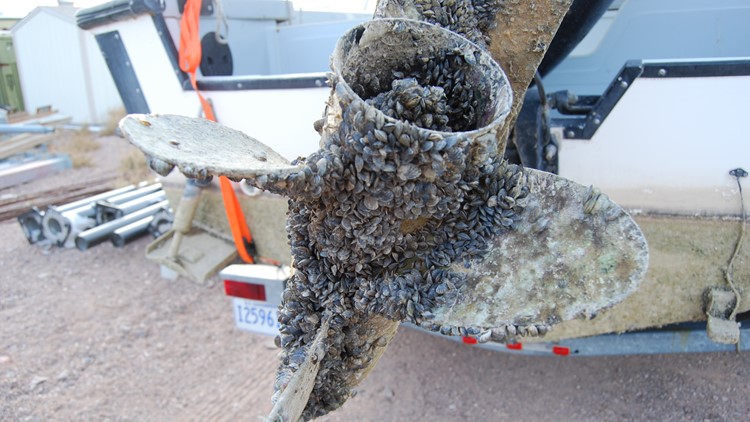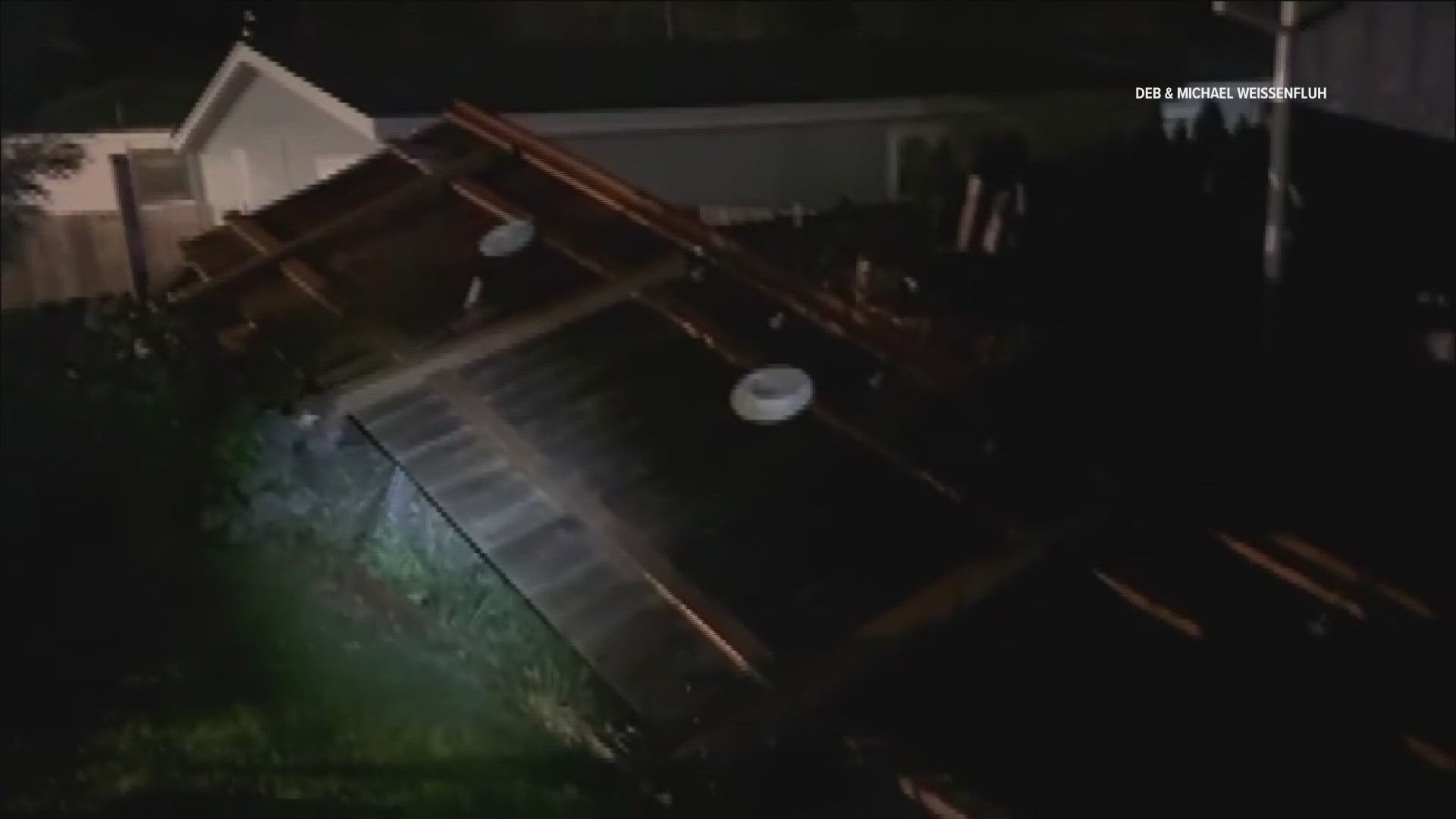BOISE, Idaho — States need to work together to stop the spread of invasive species, Western governors say.
The Western Governors' Association on Friday launched the Western Invasive Species Council and named representatives from 13 states and the Commonwealth of the Northern Mariana Islands.
Invasive species are costing the U.S. $120 billion every year, the governors said, and pose a significant threat to range lands in the West and water systems infrastructure such as hydroelectric dams. Those threats include feral swine, invasive annual grasses such as fire-prone cheatgrass, and aquatic quagga and zebra mussels.
"So much of the Western economies are based on agriculture and natural resources, and the environment is one of the reasons people live here," said Justin Bush, the chair of the new council and executive coordinator of the Washington Invasive Species Council. "Invasive species pose a direct threat to that."
The governors said invasive species don't recognize state lines, so states need to coordinate activities. The governors in a policy resolution adopted earlier this year recognized "the need to develop a more aggressive and cohesive strategy for invasive species management that includes prevention, monitoring, control and eradication."
Not all 22 states and three territories that are part of the Western Governors' Association are represented in the new council. Bill Whitacre, a policy adviser at the association, said he expects more to sign on in the future.
"I think everyone acknowledges that there are an infinite number of invasive species and a limited amount of resources," he said. "To make those resources go further, you have to improve coordination."
States have participated with federal partners on invasive species strategies, but they have also felt the need for more state-to-state communications. That has been limited to informal communications in the past, said Stephanie Criswell, vice-chair of the new council and Montana's invasive species program manager.
"With this new council, we'll have more resources and capacity to coordinate in a more formal fashion, not only in the West but on a national level," she said.
The state council members are planning to meet in April in Denver.
The fact that human help to spread invasive species was an eye-opener for Idaho, said Lloyd Knight, who oversees the pest mitigation and surveillance for the state's agriculture department.
"We think of ourselves as isolated, that we just live in our own little bubble," he said. "I've learned in the last 10 or 12 years that's anything but the truth."
Idaho started inspecting boats in 2009 to keep out quagga and zebra mussels, discovering in the process that boats from every state but Hawaii were entering Idaho. Some of the inspected boats were carrying the tiny mussels.
It's not clear yet how big an effect the new council will have. Part of the plan is for the council to have a more formal and unified way for states to communicate with the National Invasive Species Council.
"For the states in the West to be able to get together on the state level and talk through many of these regional issues is something we haven't had," Knight said.



